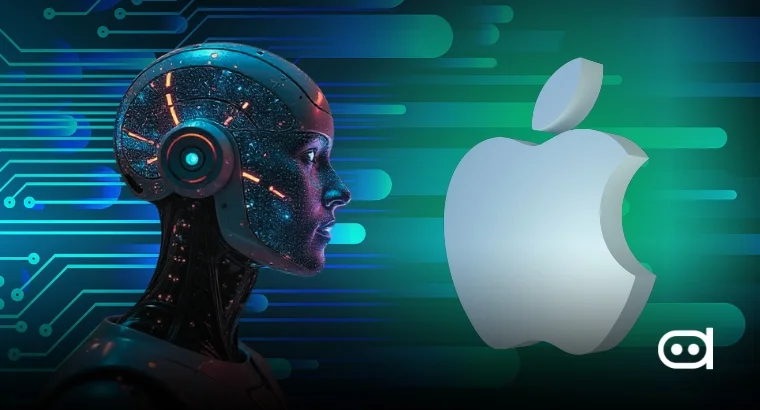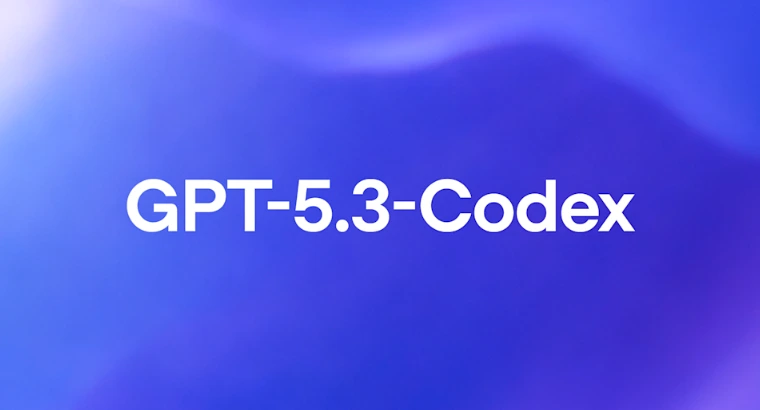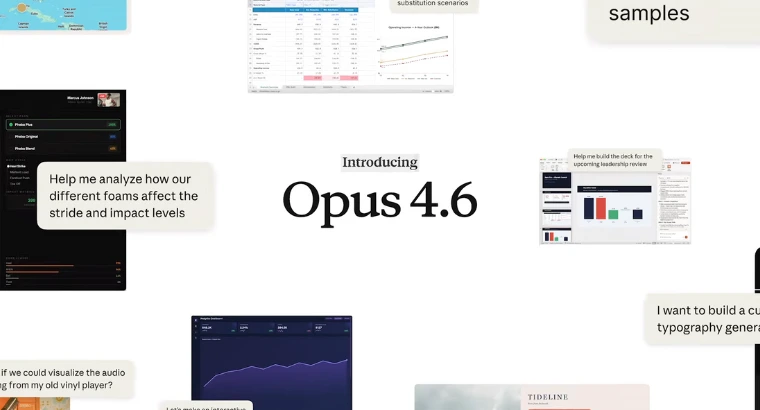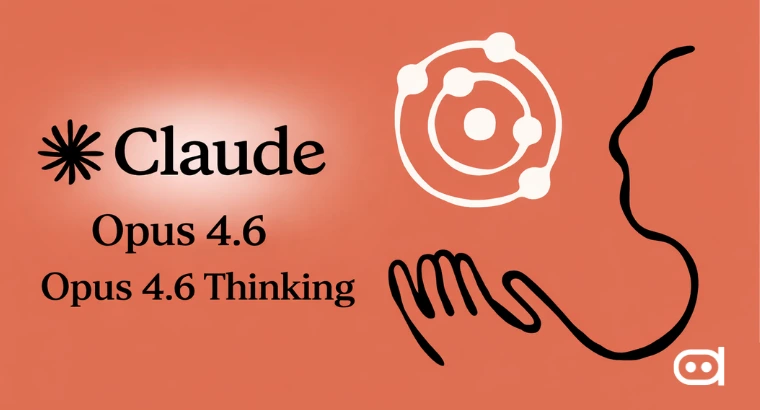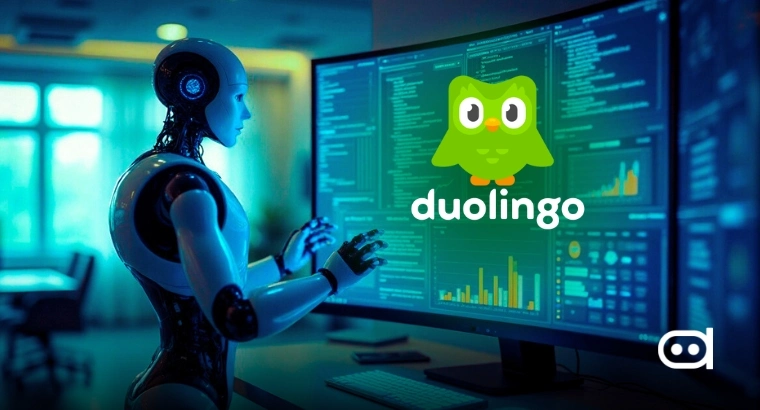
Key Highlights
- Duolingo’s premium Max tier has attracted a 6% increase in average revenue per user (ARPU)
- The company is diversifying into chess, math, and music (including the acquisition of NextBeat)
- Daily active users (DAUs) surged 40% to 48 million, which comes from addictive gamification and AI-based personalized lessons
Duolingo’s second-quarter earnings report for 2025 has shared a major revelation amid the boom in the artificial intelligence sector.
According to the report, the leading language-learning app’s stock soared 32% in a single day, adding nearly $5 billion to its market cap. This growth comes after witnessing explosive growth, thanks to artificial intelligence, premium subscriptions, and a great achievement in user retention.
The report states that revenue jumped 41% year-over-year to $252.3 million, while net income surged 84% to $44.8 million. This achievement has crushed Wall Street’s expectations.
However, the real story isn’t just the numbers; it’s how Duolingo leveraged falling technology costs and gamified engagement to drive major advancements in digital education.
How Duolingo Uses AI to Boost Profit
Duolingo’s success mainly comes from the growth of Duolingo Max, which is its premium AI tier. While its price is higher than the standard Super plan, Max has impressive features like AI-based video calls with chatbot tutors, mimicking real-life conversations to increase retention.
This is not just a gimmick. Users are migrating to Max in droves, which attracts a 6% increase in average revenue per user (ARPU) and proves that learners will pay for AI-curated experiences, which enhances the overall experience.
CFO Matt Skarupa revealed that the cost of running these AI tools has dropped faster than expected. This helped them to ease margin pressures.
On the other hand, Gross margins only dropped 1% versus the projected 3% decline, thanks to lower AI infrastructure expenses and a stronger-than-expected ads business.
This efficiency is critical in AI integration. Duolingo’s ability to scale AI features without increasing costs shows a sustainable monetization model, one that could keep margins healthy even as competition intensifies. This makes the platform stand tall among its competitors.
Beyond language learning, Duolingo is aggressively expanding into new verticals like chess, math, and music. This helps its creators to make a strategic bet to diversify its user base.
For example, the recent acquisition of NextBeat, a music-gaming startup, shows this ambition. Duolingo is not just an app anymore; it is gradually becoming a multi-subject learning platform.
Early results are promising. For example, its Chess course, designed to teach strategic thinking in a gamified format, has already grown engagement, while AI-generated content lets the company rapidly roll out new courses (148 in the past year alone, compared to 100 in its first 12 years). This is the major milestone, according to the company.
By indulging in this expansion, the company is aiming to become a one-stop learning hub by reducing reliance on language learners and tapping into the broader $6 trillion global education market.
Yet Duolingo does not just rely on secret weapons like AI. Its massive growth comes from its psychology. The application’s addictive gamification mechanics, including streaks, leaderboards, and its infamous “Energy” system (which limits free users unless they watch ads or pay).
These attractive features keep daily active users (DAUs) growing 40% year-over-year to 48 million.
The company constantly A/B tests features to maximize engagement, like tweaking subscription prompts to gain long-term user value over short-term upsells.
This data-based approach, combined with AI-personalized lessons, has created a flywheel, which simply means more engagement leads to more paid conversions to fund more AI innovation, which further boosts engagement.
Investors are bullish, but risks loom. Duolingo’s valuation, 85x forward earnings, is a substantial sum compared to peers like Uber (26x) and DoorDash (79x).
Some analysts warned that AI-native competitors like ChatGPT-based tutors could disrupt its market lead, while regulatory scrutiny over AI ethics and data privacy remains a wild card.
Still, CEO Luis von Ahn, a pioneer in crowdsourced education, insists the company is “early in its growth journey”. With Q3 revenue guidance of $257–261 million (above estimates) and full-year bookings projected at $1.15–1.16 billion, Duolingo’s AI bet appears far from peaking.
